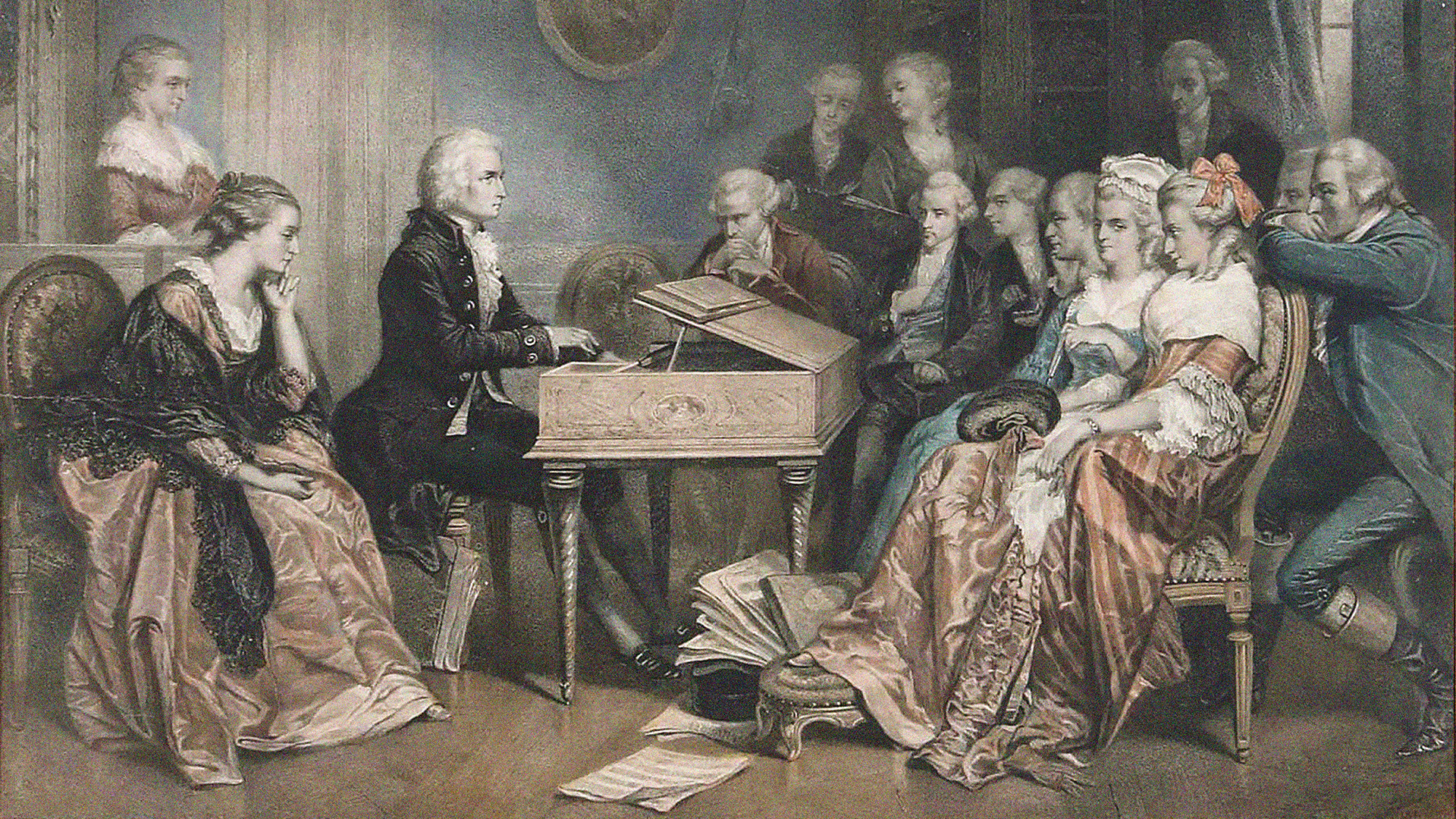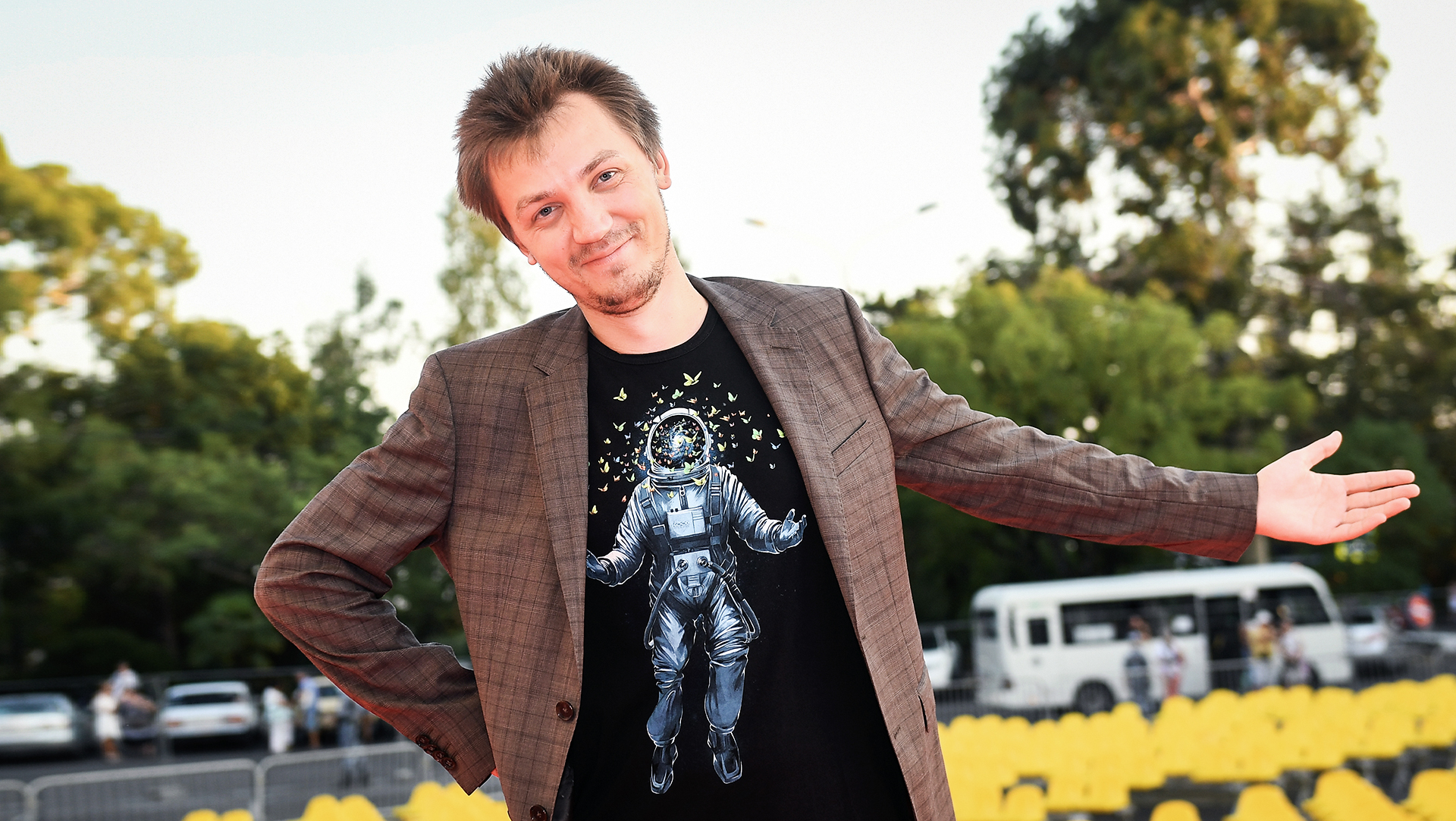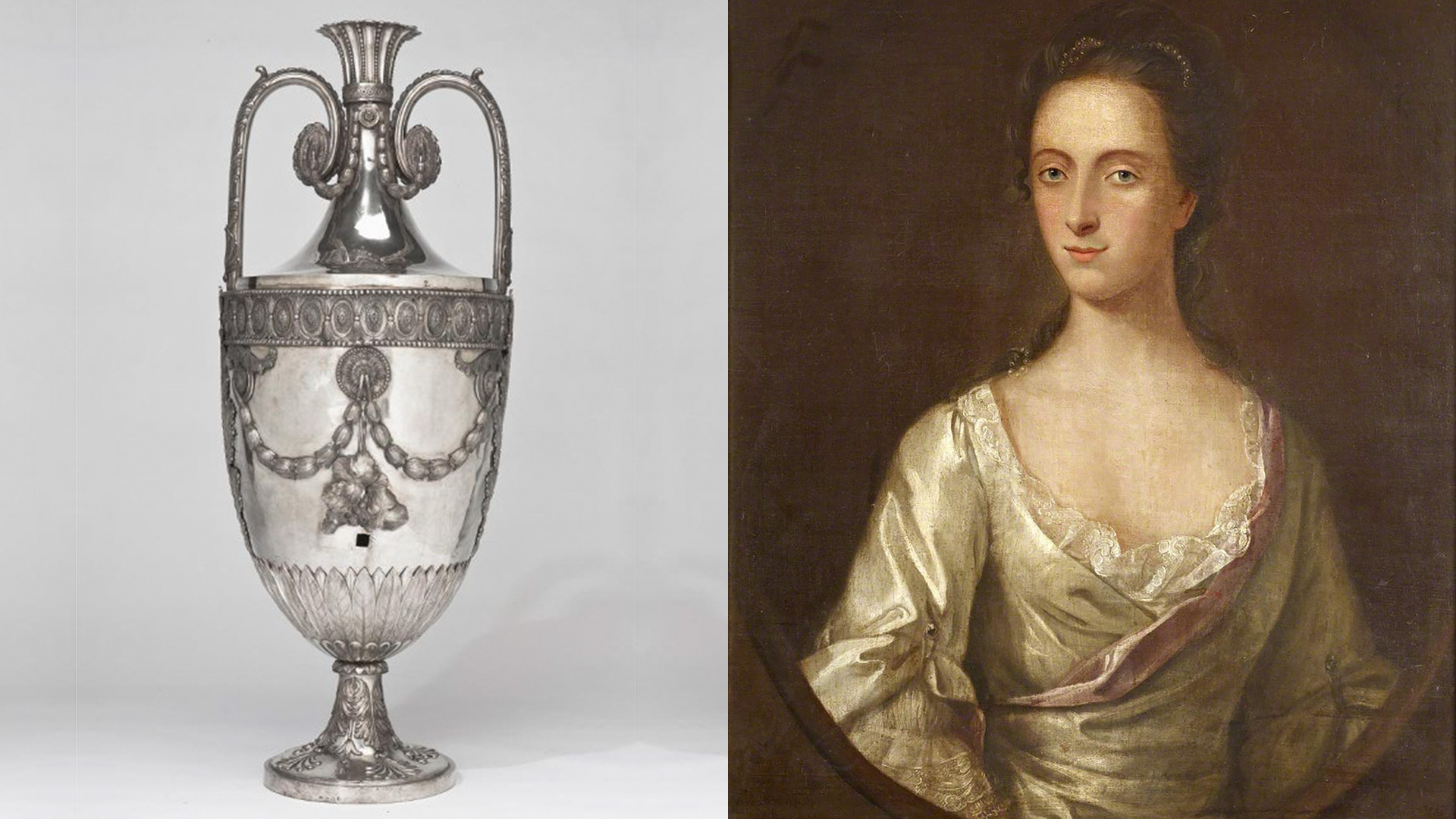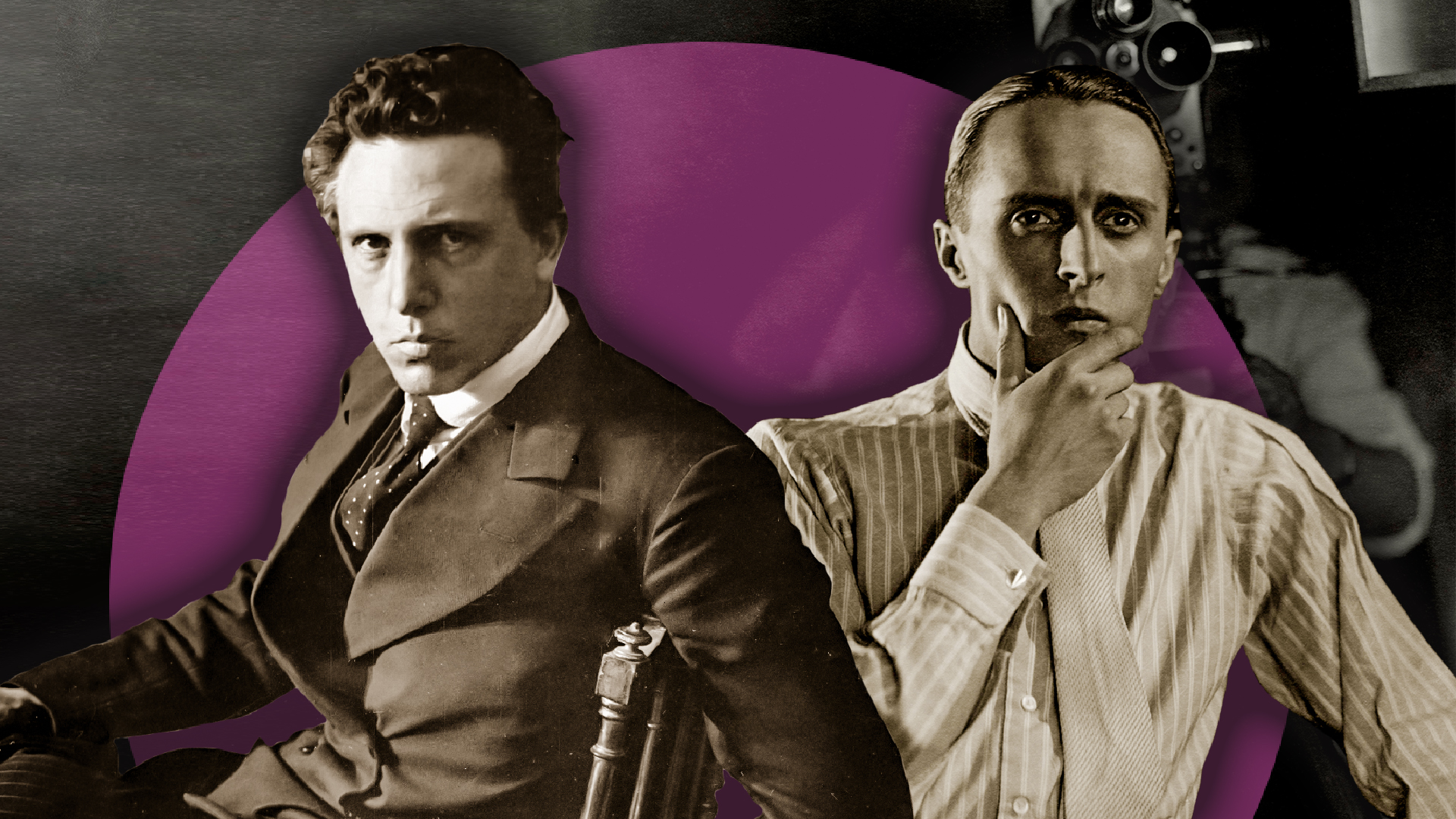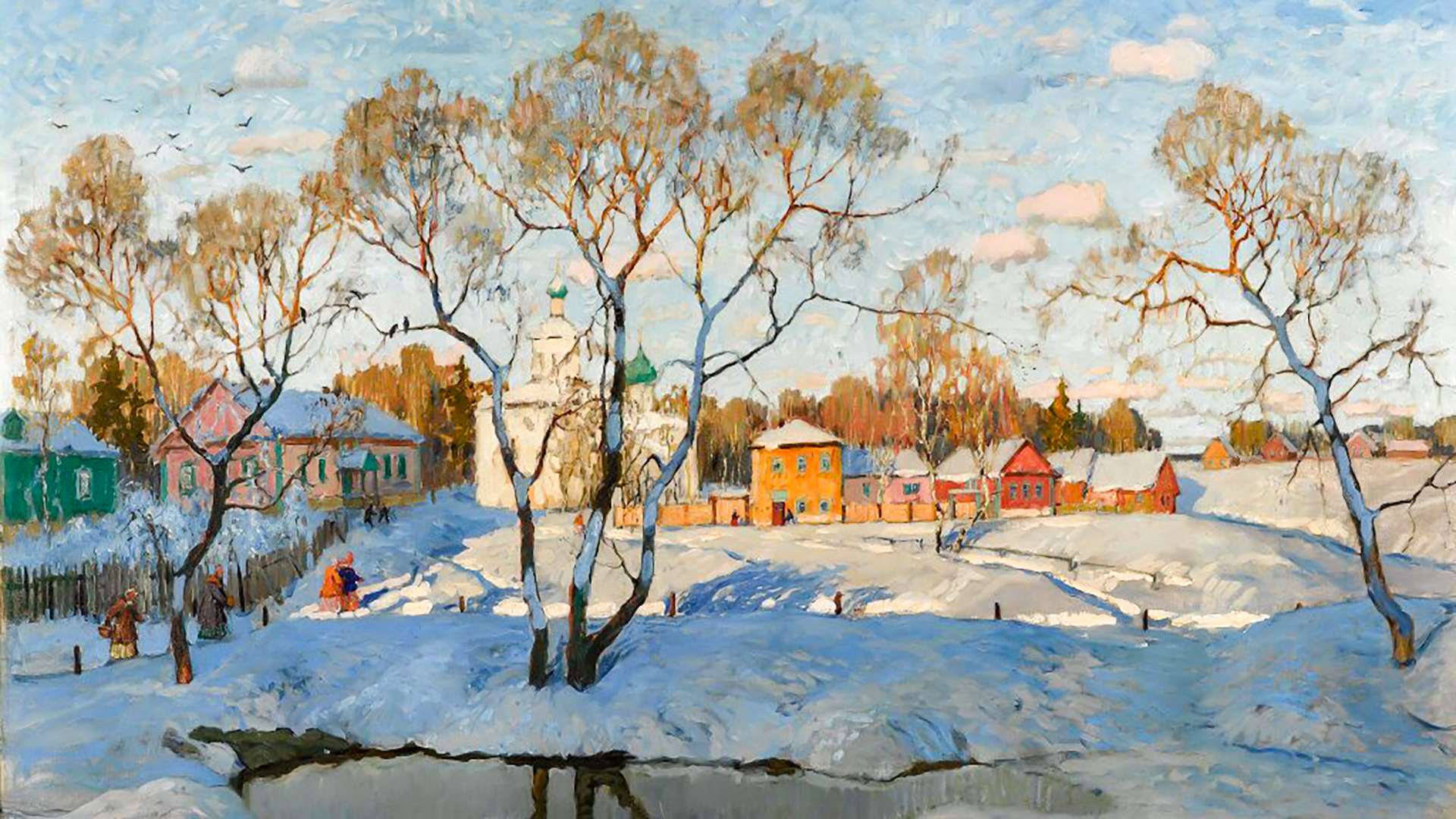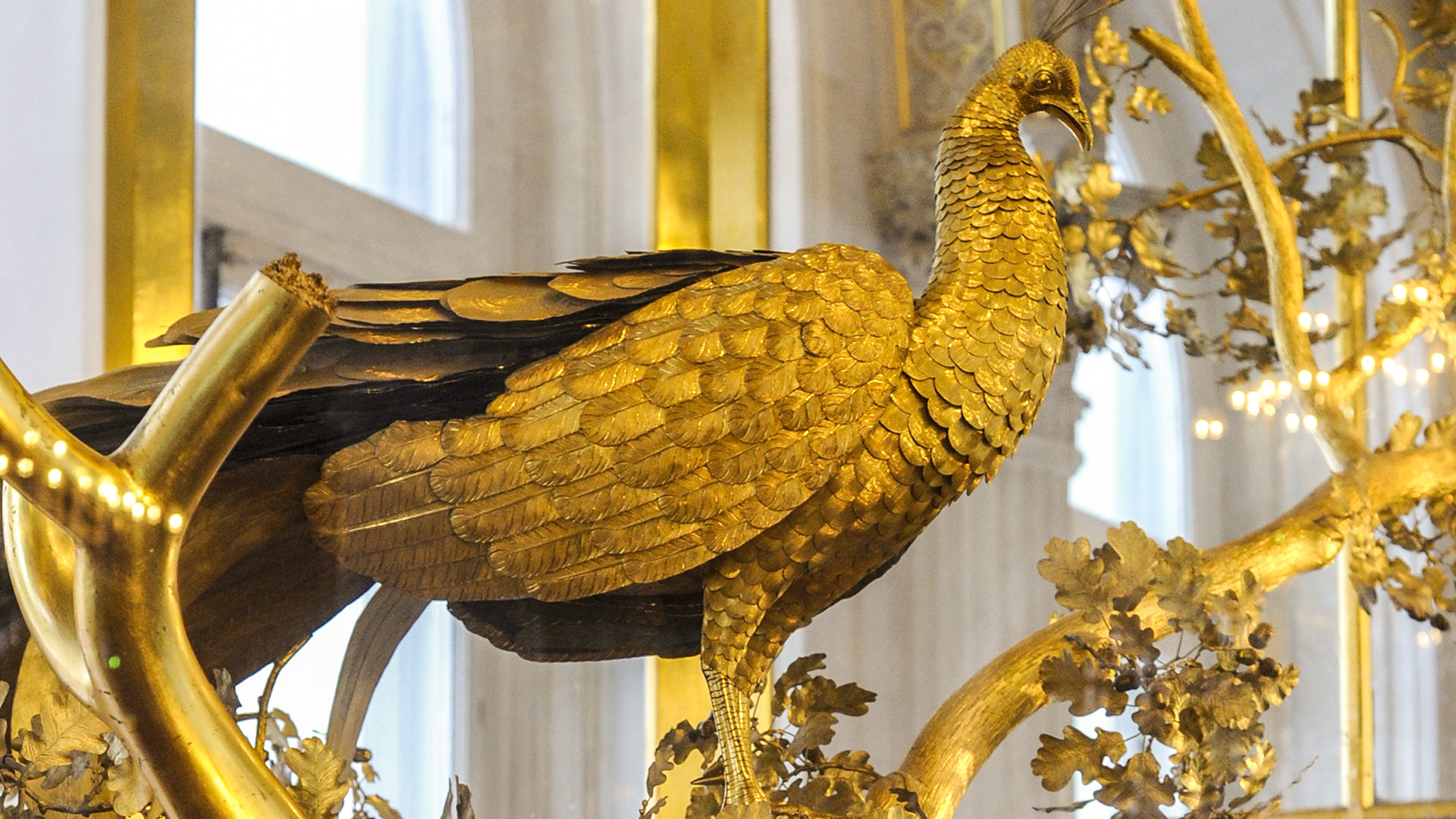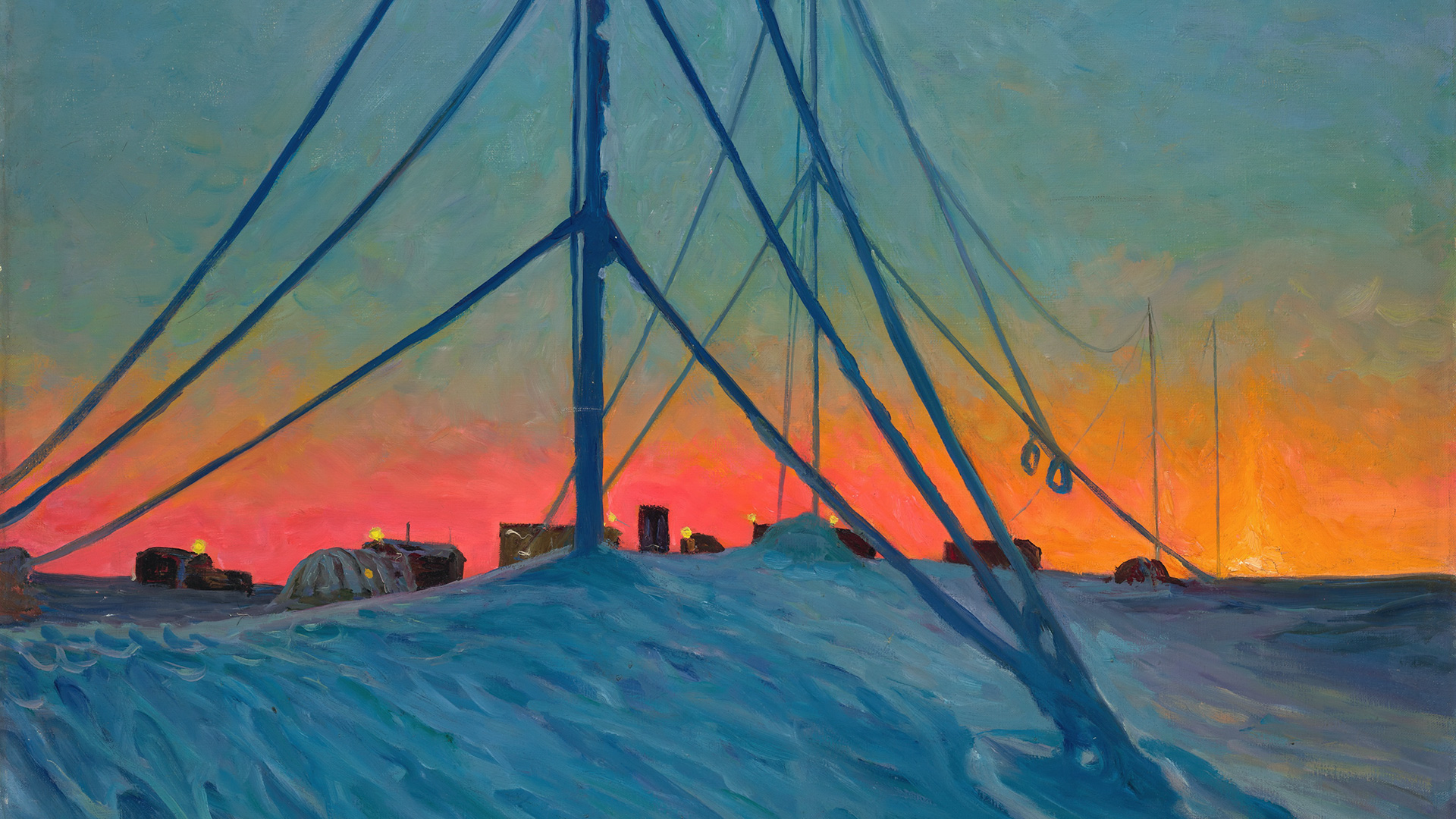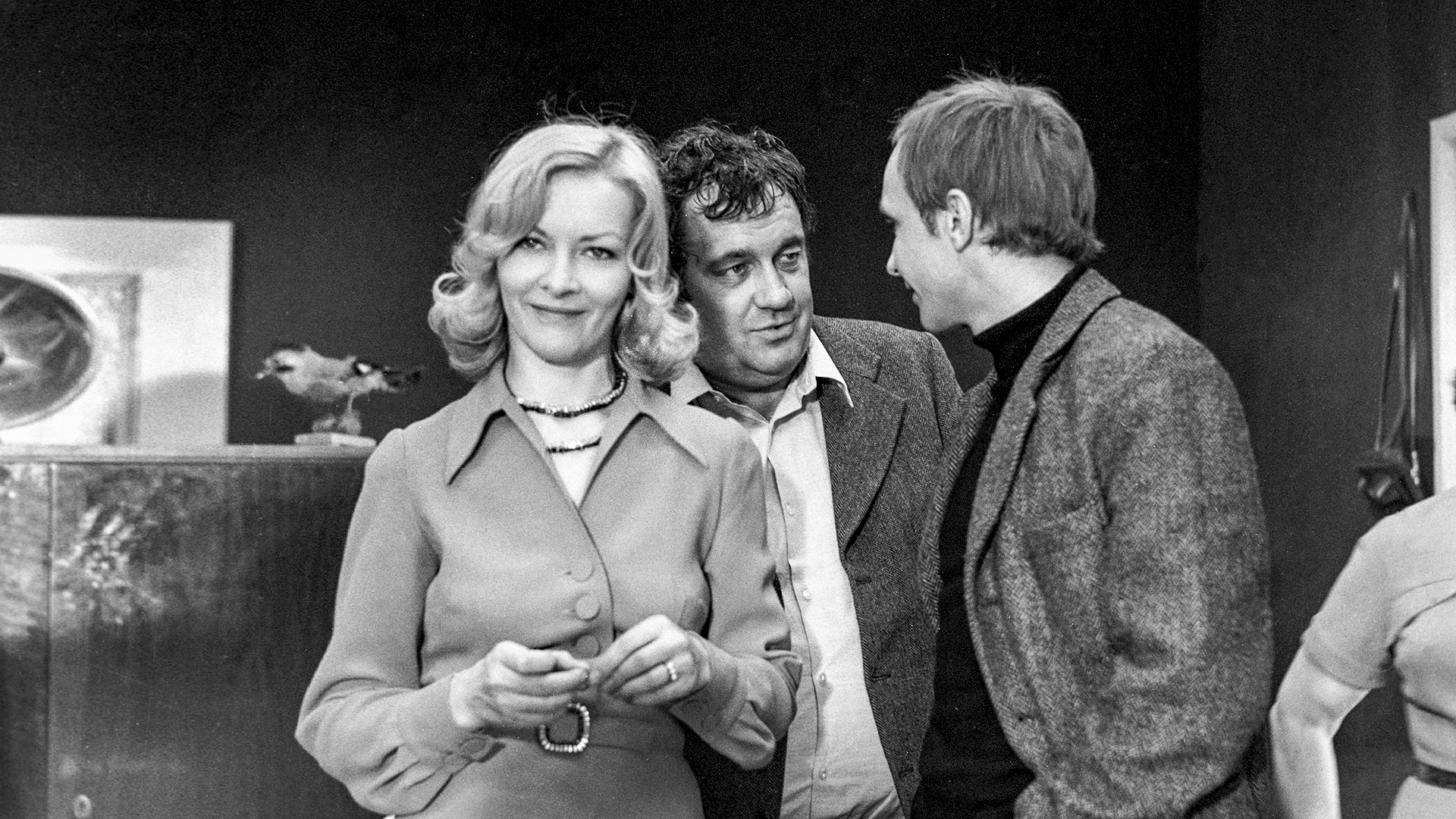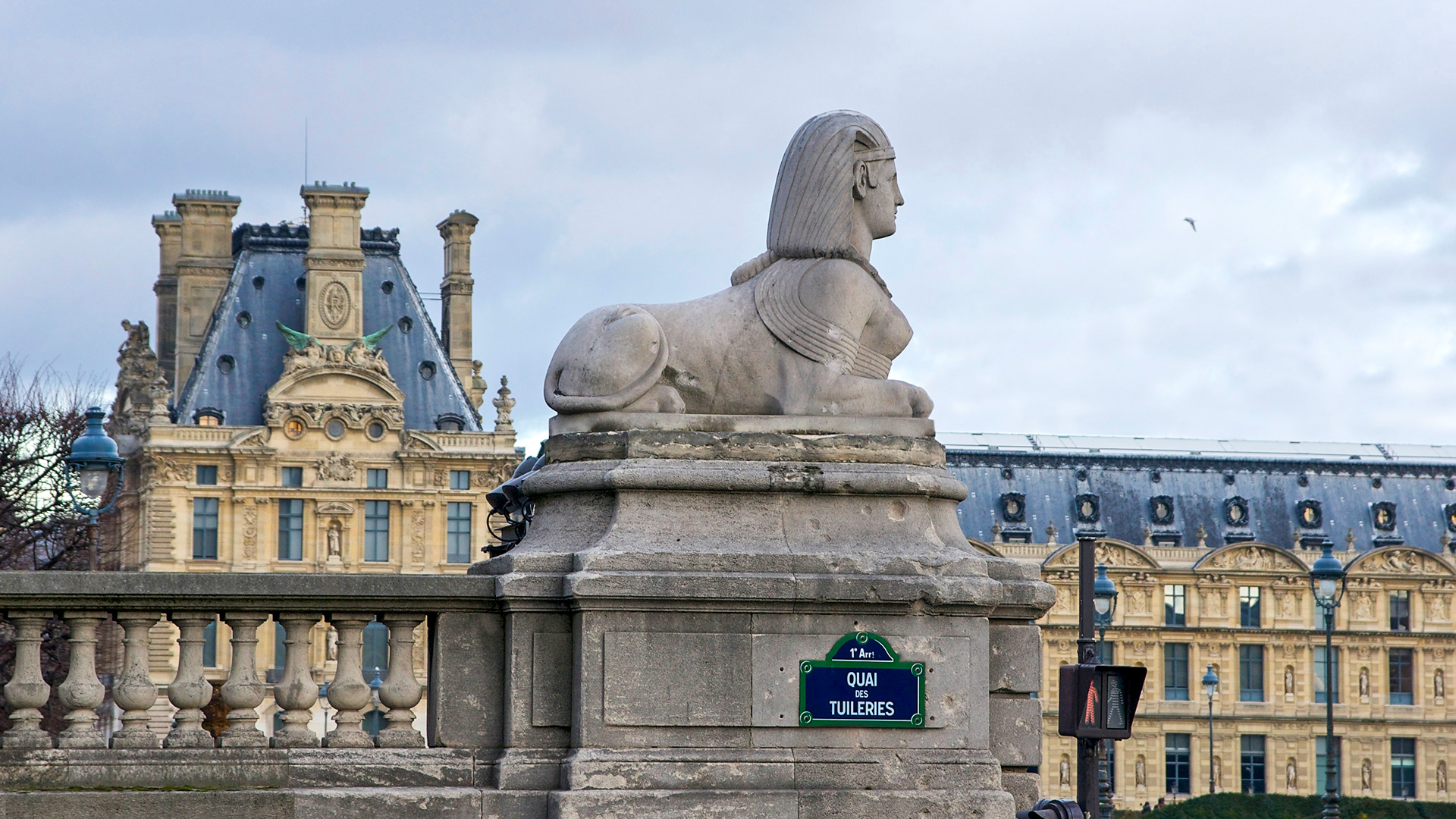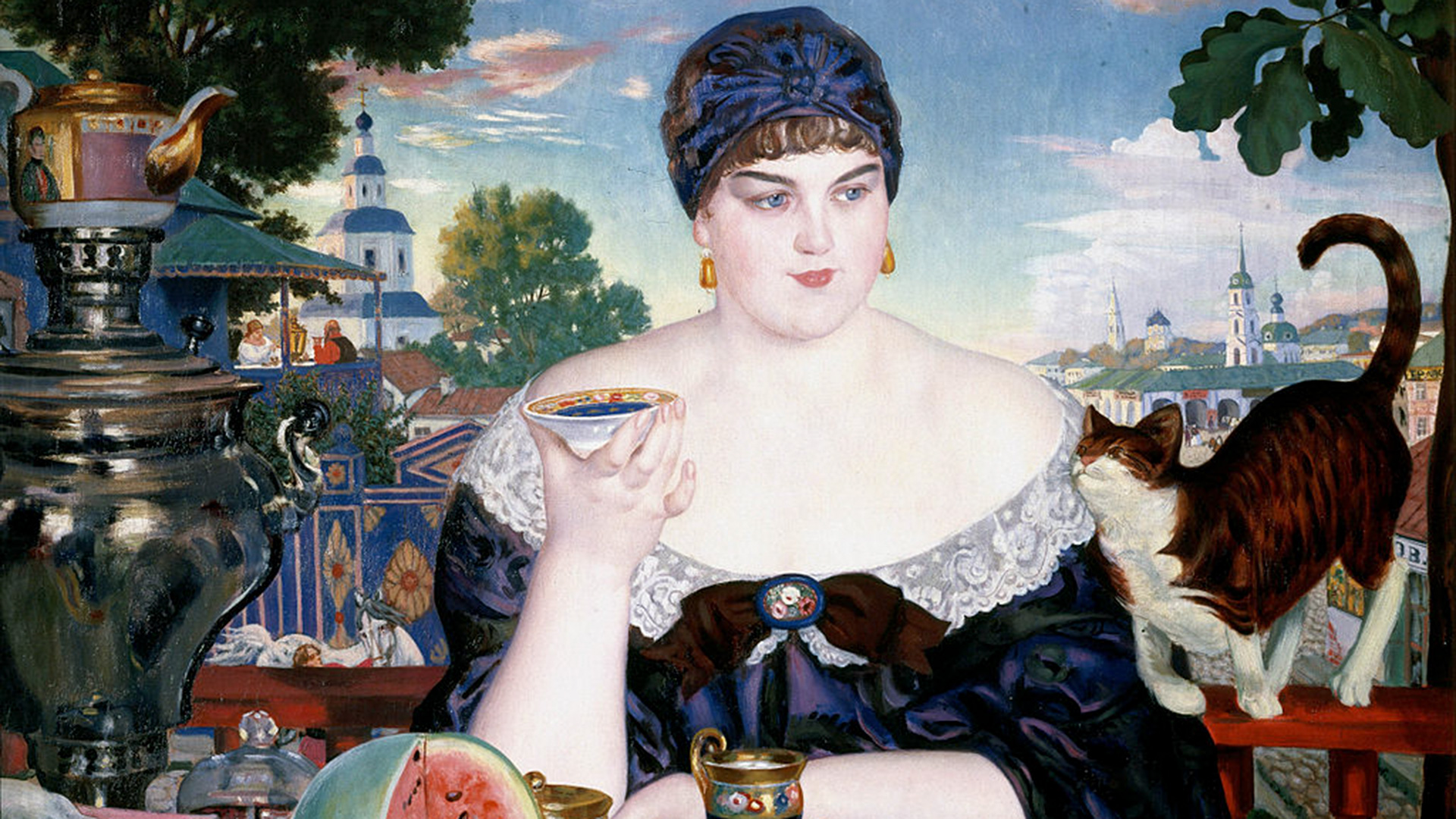
7 Russian composers who served in the military (PICS)
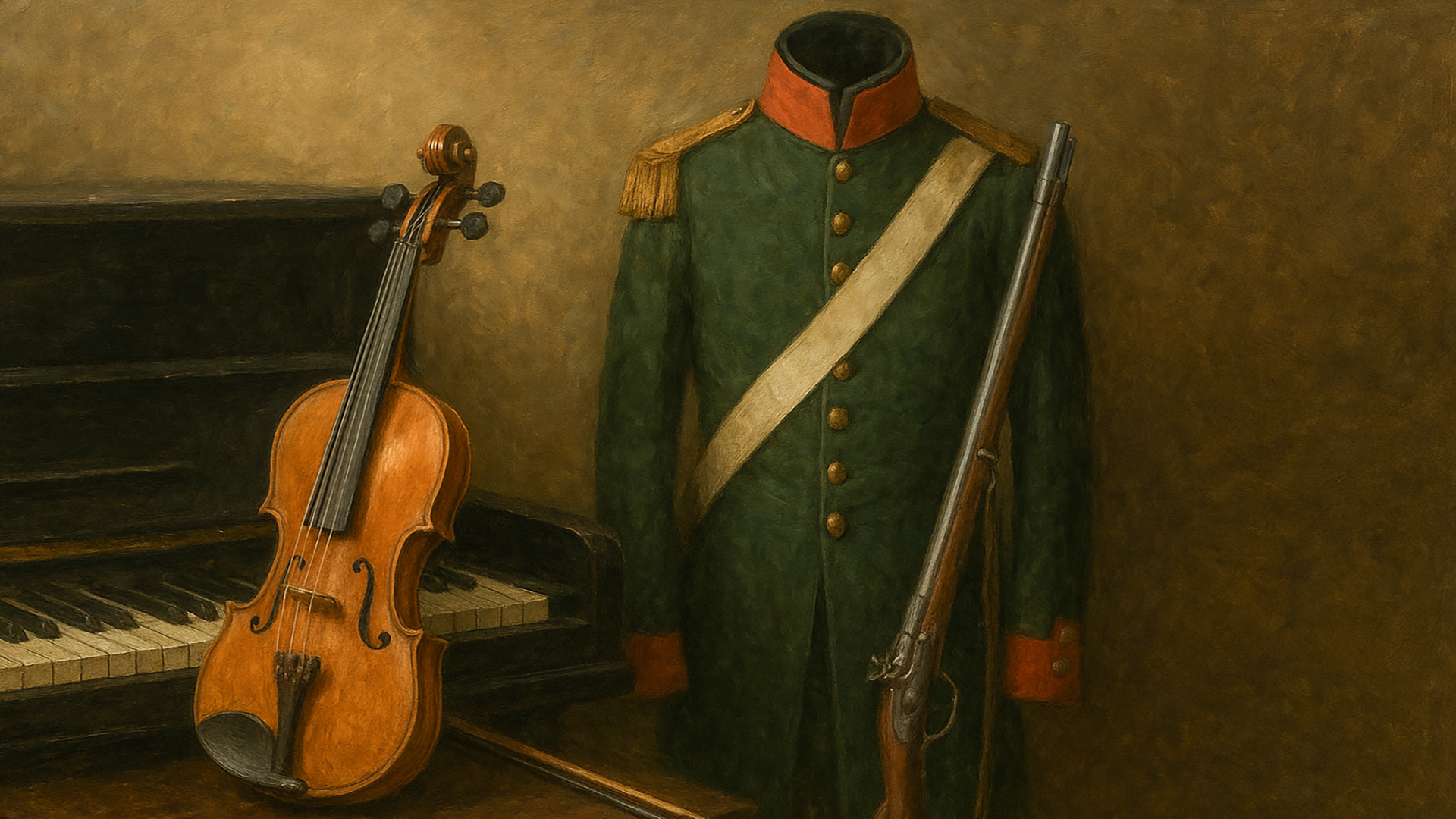
1. Nikolai Rimsky-Korsakov
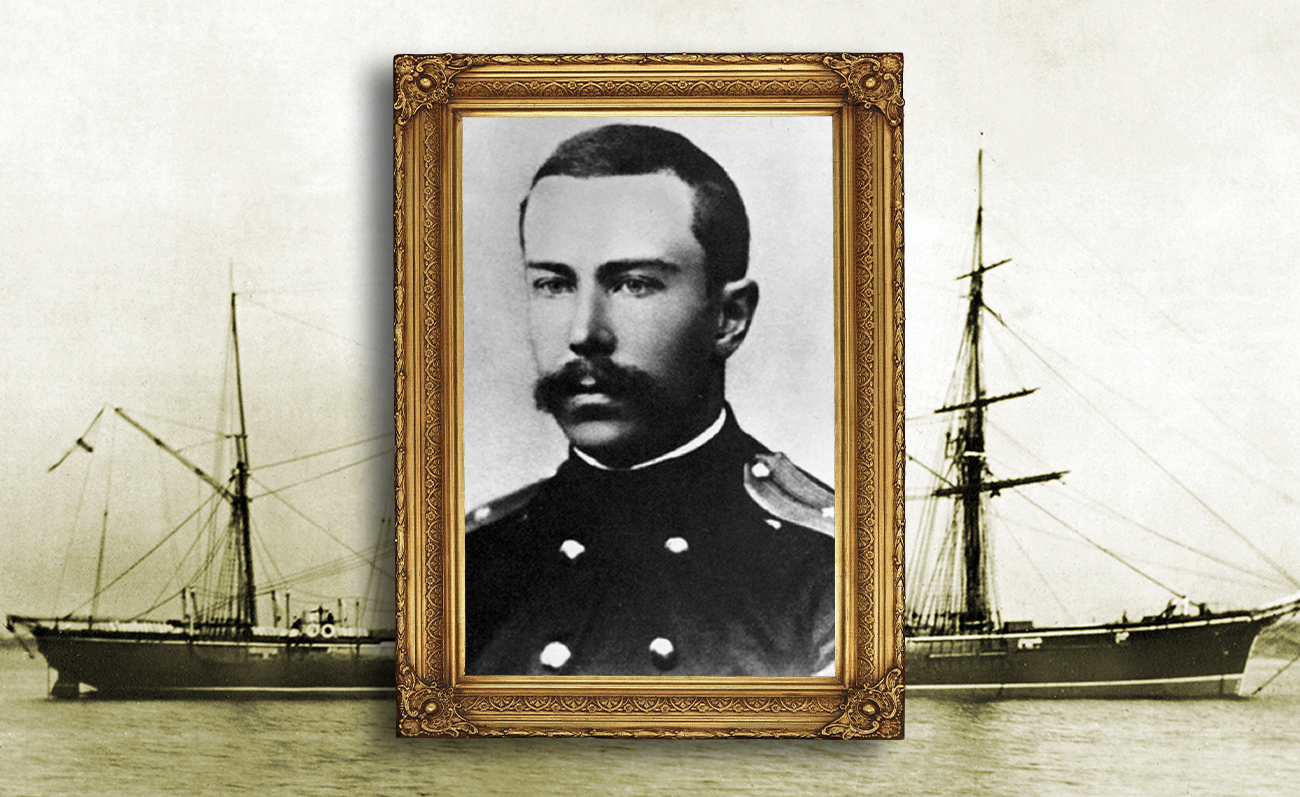
Although his musical talent manifested itself quite early, with a young Nikolai creating his first works at the age of 11, it seemed his destiny was predetermined regardless: like his great-great-grandfather, grandfather, uncle and even brother, he was destined to serve in the navy. Initially, he treated composing music as a pastime – he wrote "for the sake of play, for the sake of imitating". Therefore, after graduating with honors from the Naval Cadet Corps, midshipman Rimsky-Korsakov set off on a round-the-world voyage on the clipper ‘Almaz’ (‘Diamond’). He visited Norway, England, Brazil and, during the Civil War, North America.
He nearly abandoned music altogether and his interest in naval service began to cool – he was more drawn to distant lands. But, in 1865, returning to St. Petersburg, Rimsky-Korsakov completed and premiered his First Symphony. He attended rehearsals wearing a military frock coat, much to the surprise of the musicians. In 1871, the composer became a professor at the St. Petersburg Conservatory, but continued to serve on land for two more years.
2. Modest Mussorgsky
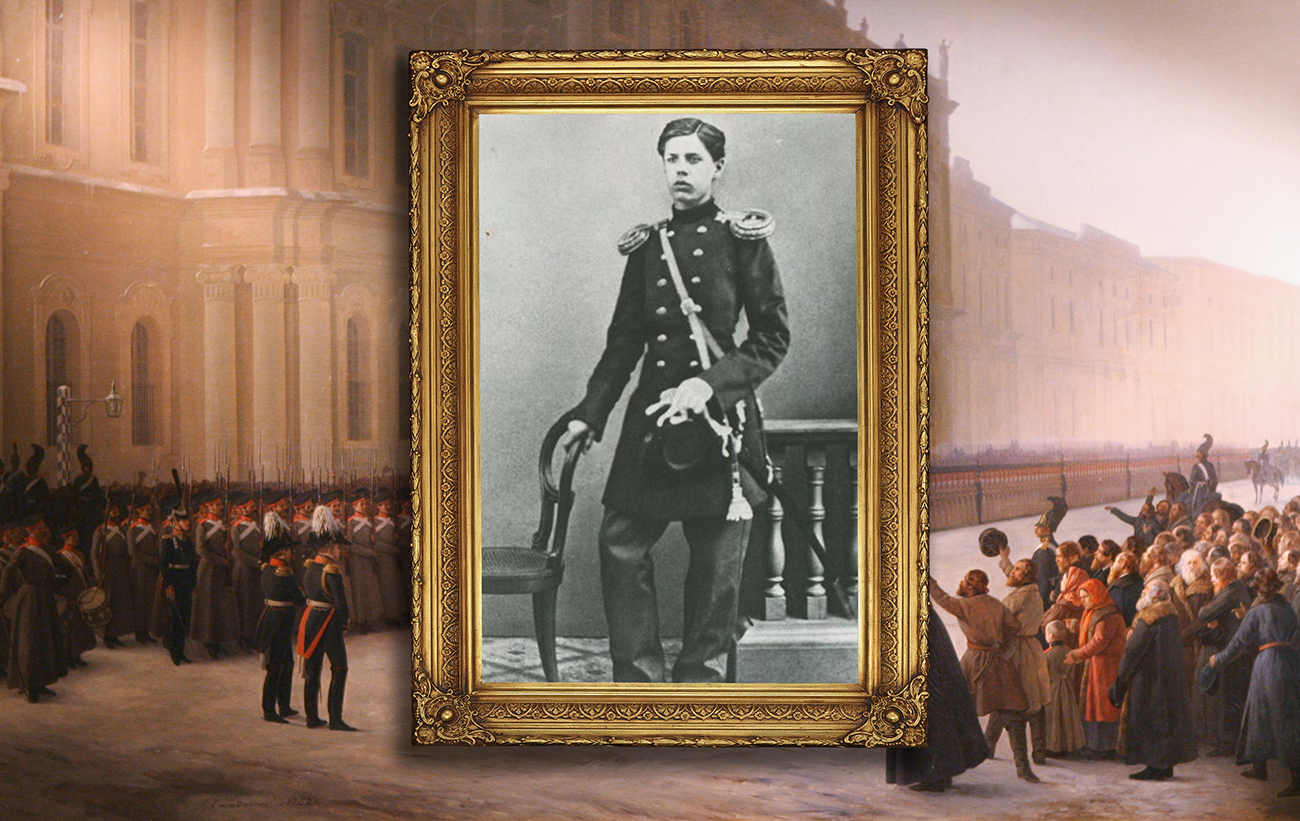
The future composer's first piano lessons were given by his mother and when it became clear that the boy possessed exceptional talent, a professional pianist was hired as his teacher. After enrolling in the Guards Ensign School, Mussorgsky continued composing and even wrote a cheerful polka titled ‘Ensign’ for his comrades, which became his first published work.
During his military service in the Preobrazhensky Regiment, he never forgot about music and even organized a music club with his fellow soldiers. But, in 1858, he retired, admitting: "Combining military service with art is a tricky business."
3. Alexander Alyabyev
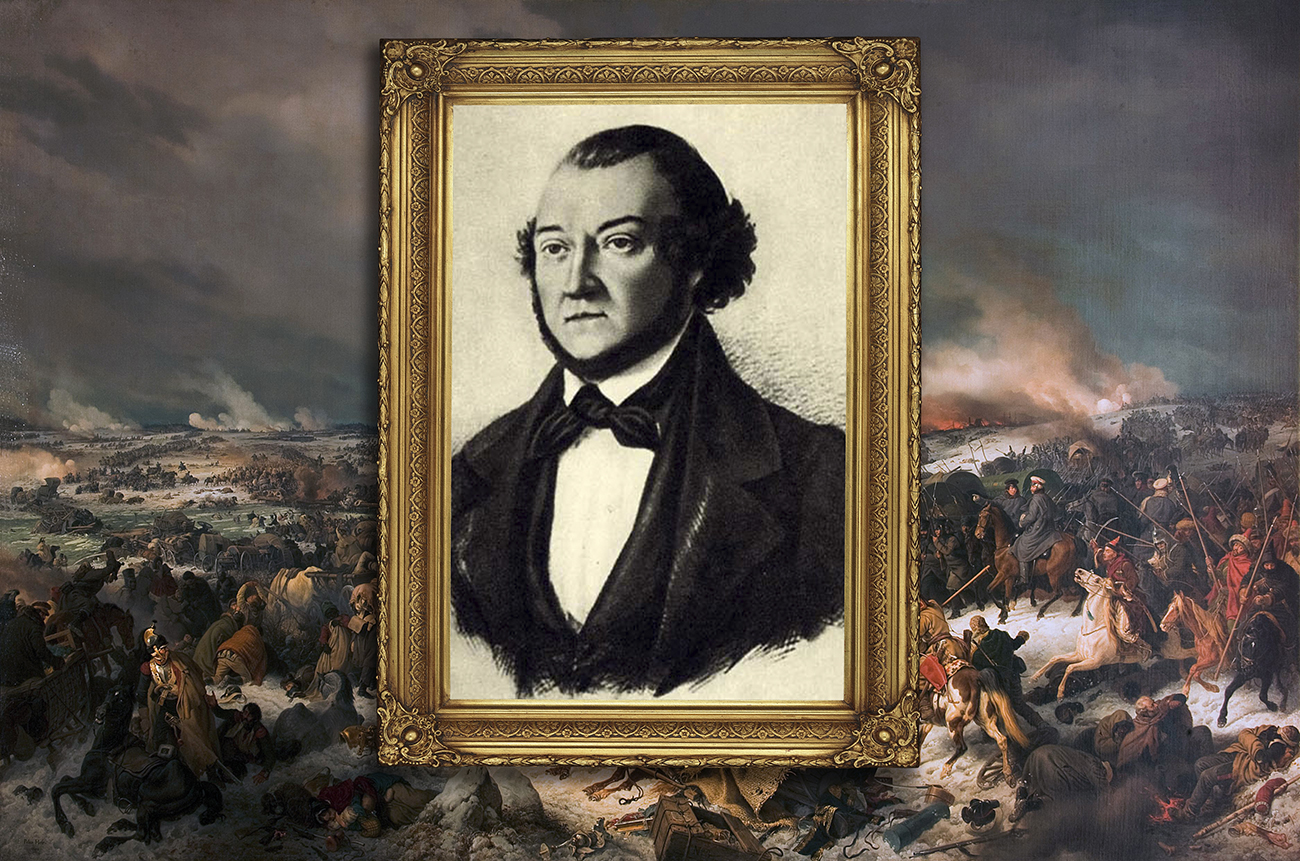
The famous romance ‘The Nightingale’, about an unhappy girl abandoned by her lover, was written not by a court composer, but by Lieutenant Colonel Alexander Alyabyev, a hero of the Patriotic War of 1812. Passionate about music since childhood, he combined his work in the mining department with composing. In 1812, as a volunteer cornet, he enlisted in a Cossack regiment and then a hussar regiment. Alyabyev participated in key battles against Napoleon's army, including the ‘Battle of the Berezina’, the capture of Dresden and Leipzig and the entry into Paris. In 1823, Lieutenant Colonel Alyabyev retired.
4. César Cui
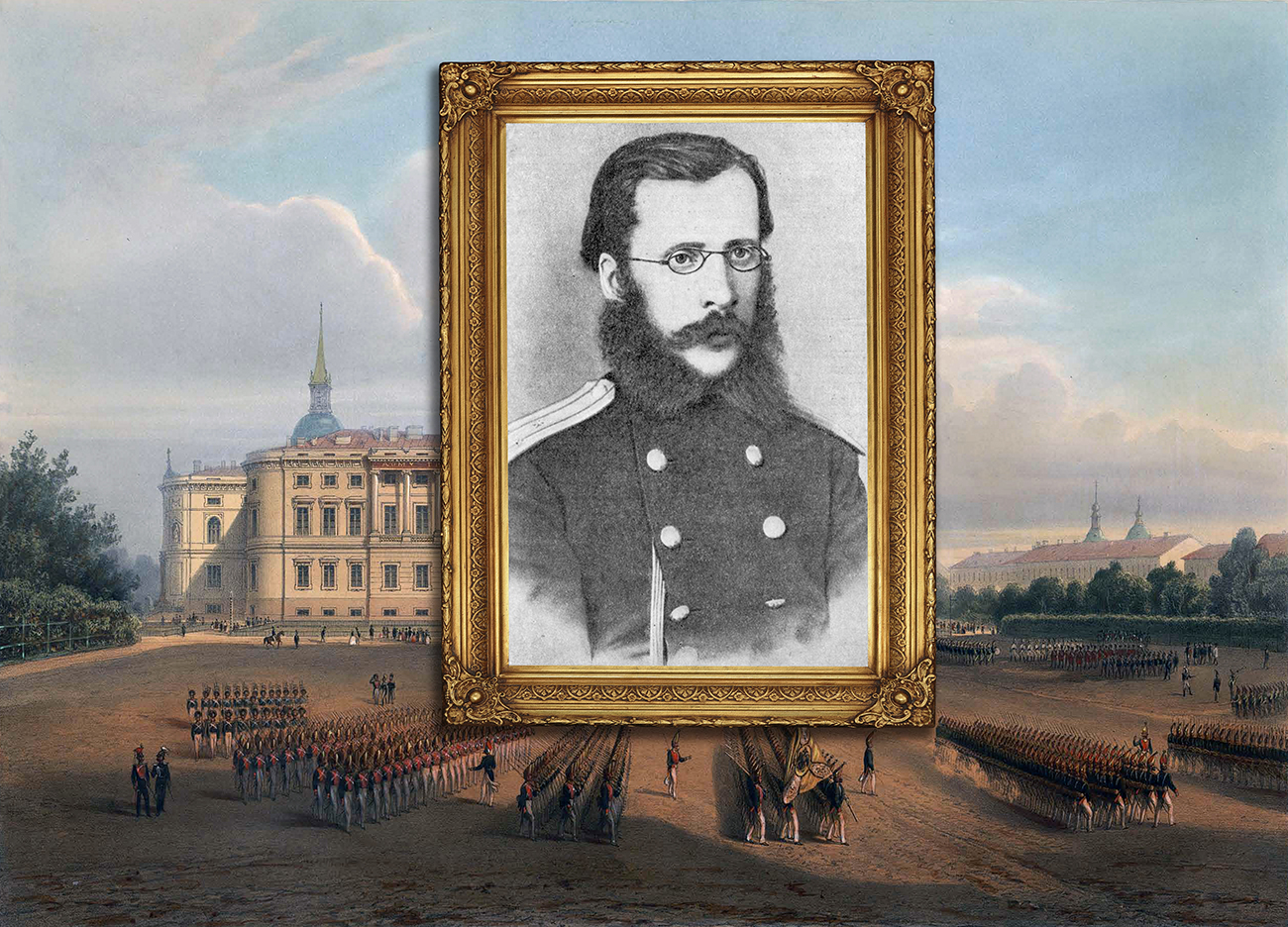
An engineer-general and author of a textbook on fortification, César Cui impressed students with his musical talents from childhood. At the age of six, he began learning military marches by ear and, at 14, he wrote his first piece of music. But, at his father's insistence, he chose a military career, graduating from the St. Petersburg Engineering School and then the Nikolaev Military Engineering Academy. He taught topography and, in 1877, Colonel Cui went to the Russo-Turkish War front lines and participated in the fortification of Russian positions near Constantinople. He taught at the main military educational institutions – the General Staff, the Mikhailovsky and Nikolaev academies – and gave lessons on fortification to none other than future Nicholas II.
All this time, Cui remained inseparable from music and continued to compose. His operas were performed not only in Russia, but also abroad. Even after the Revolution, he remained true to his calling: he joined the Red Army and continued teaching.
5. Nikolai Myaskovsky
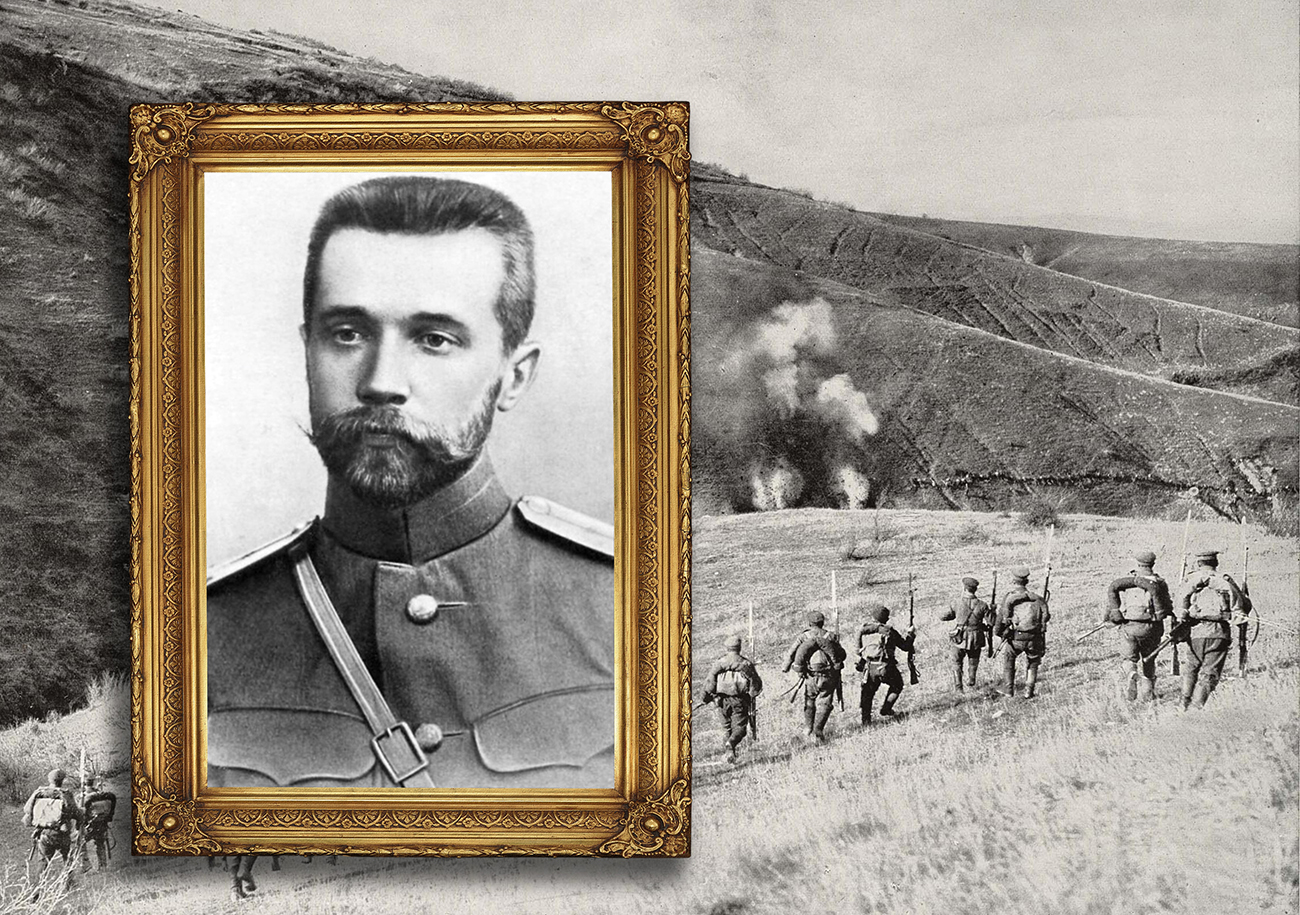
The future composer's father also chose a military career for his son. So, Nikolai went to study at the Nizhny Novgorod and Second St. Petersburg Cadet Corps and graduated from the St. Petersburg Military Engineering School. He entered the conservatory at age 25, combining service in a sapper battalion with devotion to the muses. In 1914, Lieutenant Myaskovsky suffered a severe concussion during fighting in World War I, while his symphonic poem ‘Alastor’ was being premiered in Moscow and St. Petersburg. After the 1917 Bolshevik Revolution, he served in the Naval Staff. During the Great Patriotic War, he wrote songs and marches, as well as his 22nd Symphony, dedicated to the events of the war. He was awarded the ‘Stalin Prize’ five times for his compositions.
6. Alexey Lvov
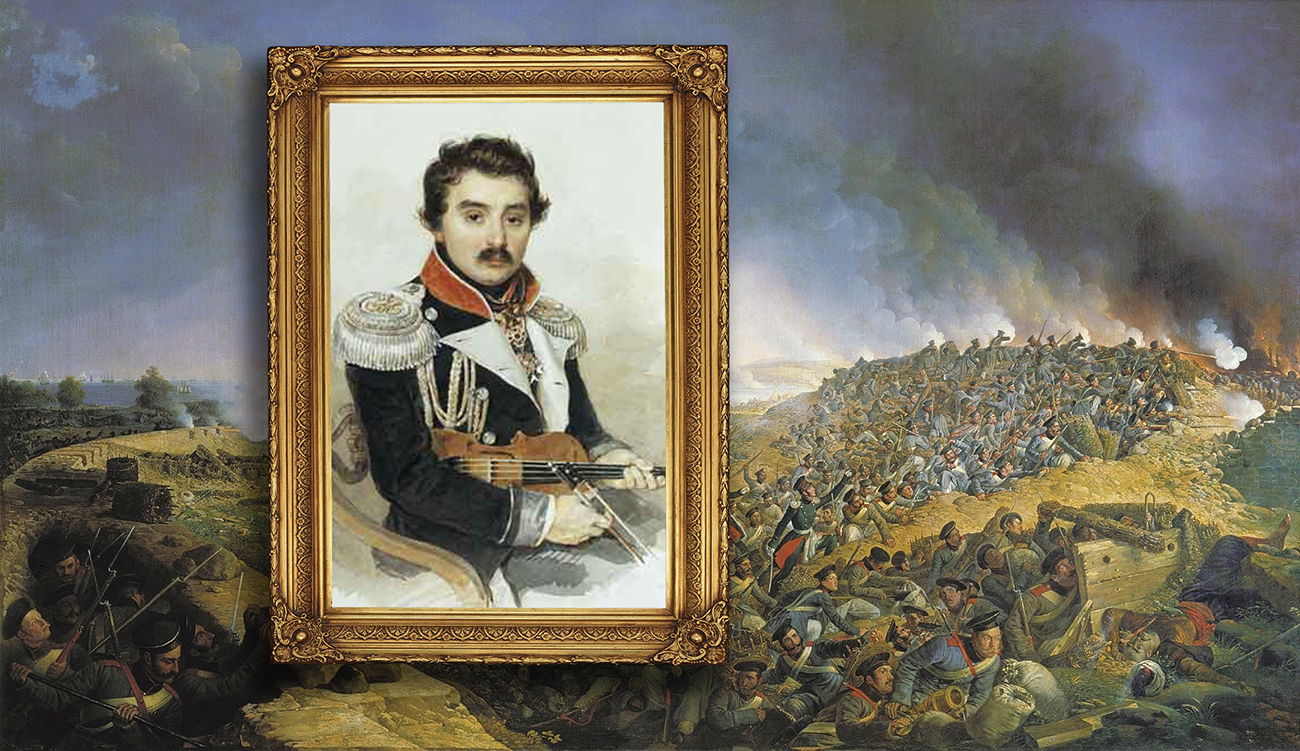
The author of the anthem ‘Боже, Царя храни’ (‘God Save the Tsar’) was a general in Nicholas I's retinue and director of the court chapel. He already played the violin superbly at the age of seven and composed his first piano preludes at 15. However, he still entered the Institute of Railway Engineers. During the Russo-Turkish War, he participated in the ‘Siege of Varna’ and was awarded the ‘Order of St. Vladimir’. The emperor held Lvov in high esteem: for composing the anthem ‘Боже, Царя храни’, he appointed him aide-de-camp.
He was also friends with German composers Felix Mendelssohn and Robert Schumann, who valued their Russian colleague not only as a composer, but also as a superb violinist.
7. Matvey Vielgorsky
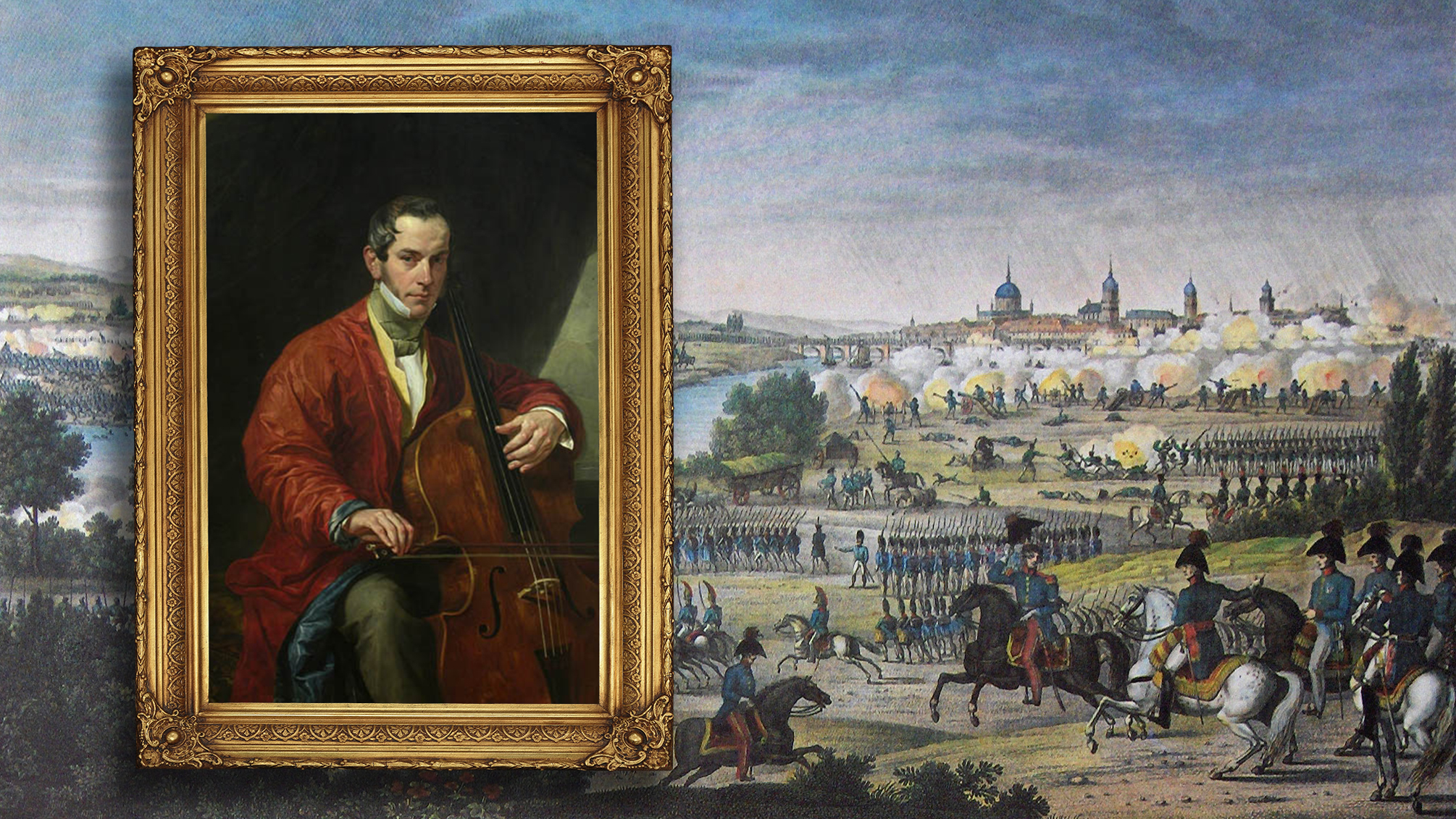
The Vielgorsky brothers' music salon was famous throughout St. Petersburg. Matvey, the younger one, was a superb cellist, the author of romances, plays and overtures, as well as a hero of the Patriotic War of 1812. He also served in the 3rd Ukrainian Cossack Regiment, fought in the battles of Leipzig and Dresden and was an aide-de-camp to Prince Vasily Trubetskoy. In 1826, Colonel Vielgorsky retired and served at the court of empresses Alexandra Feodorovna and Maria Feodorovna.


